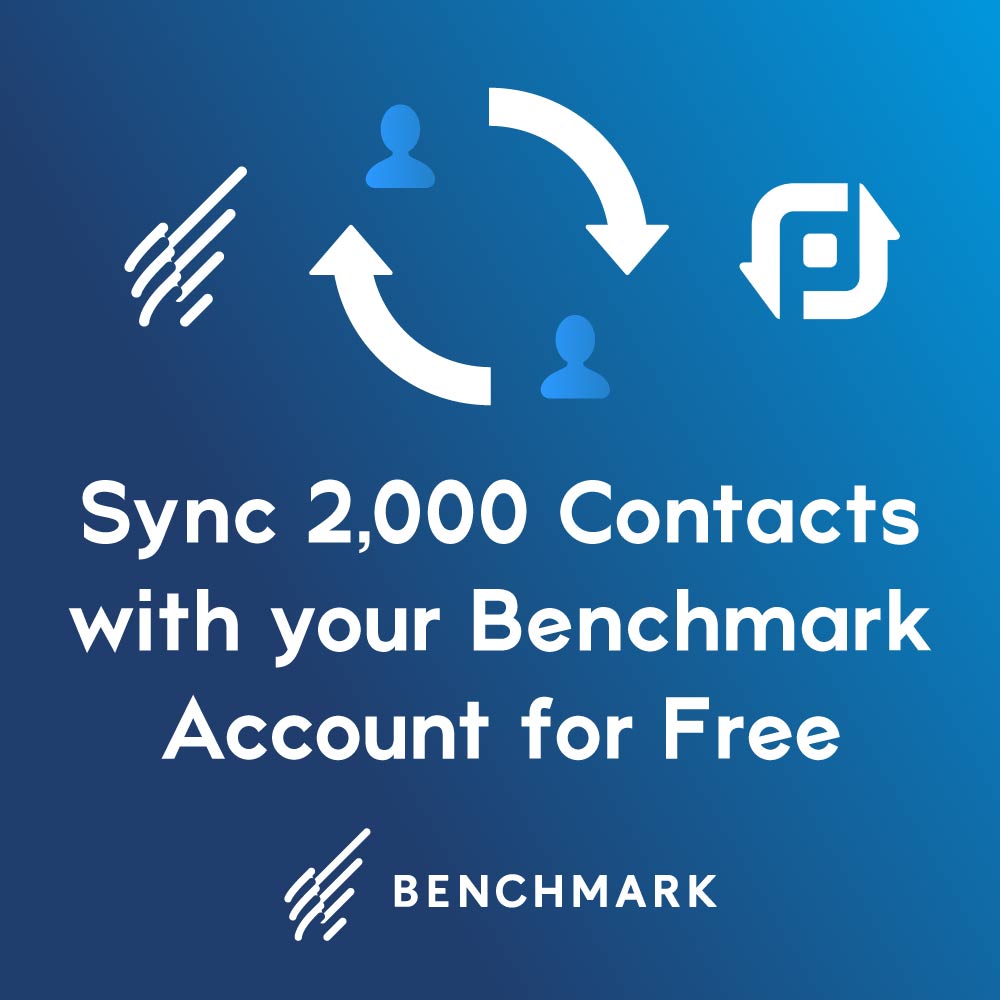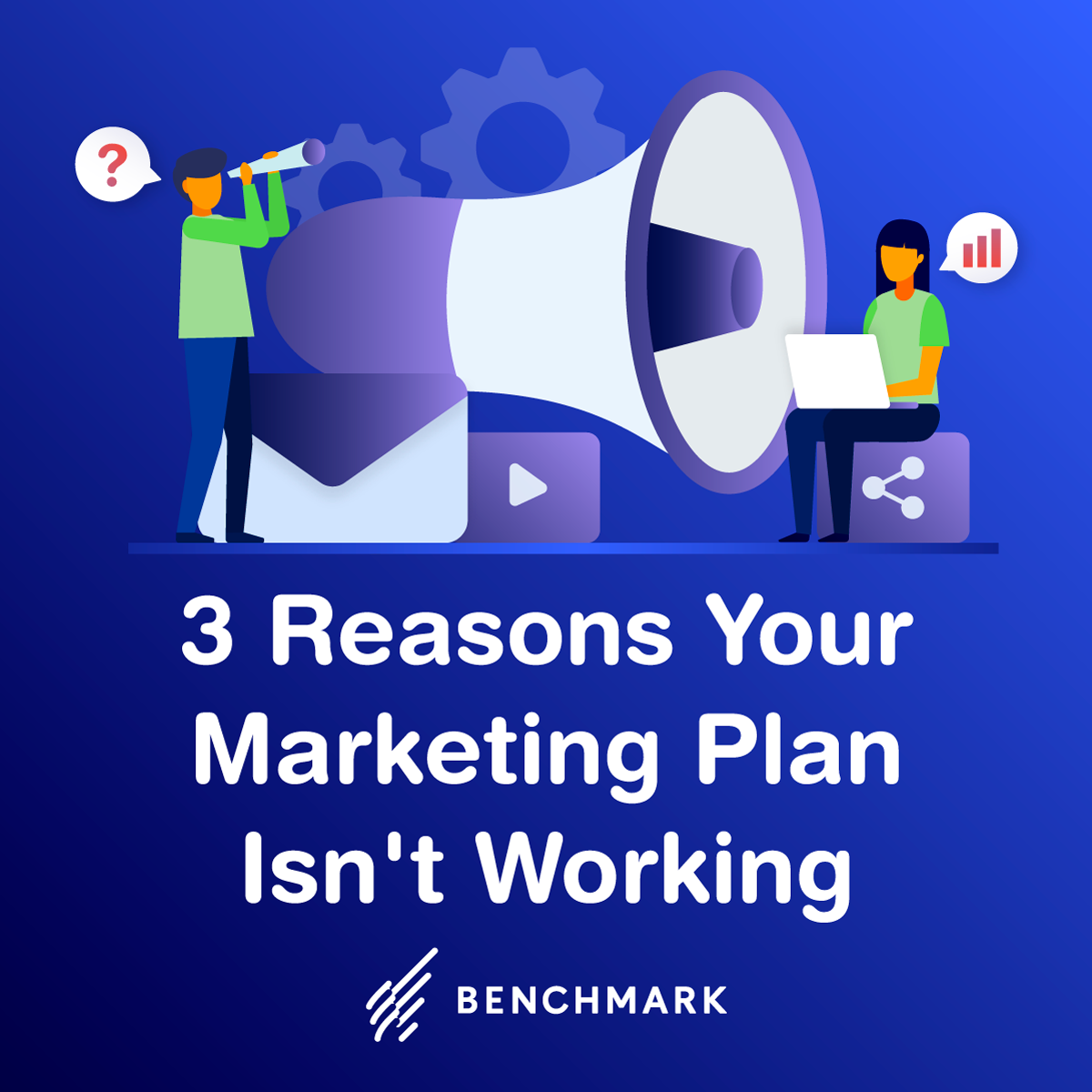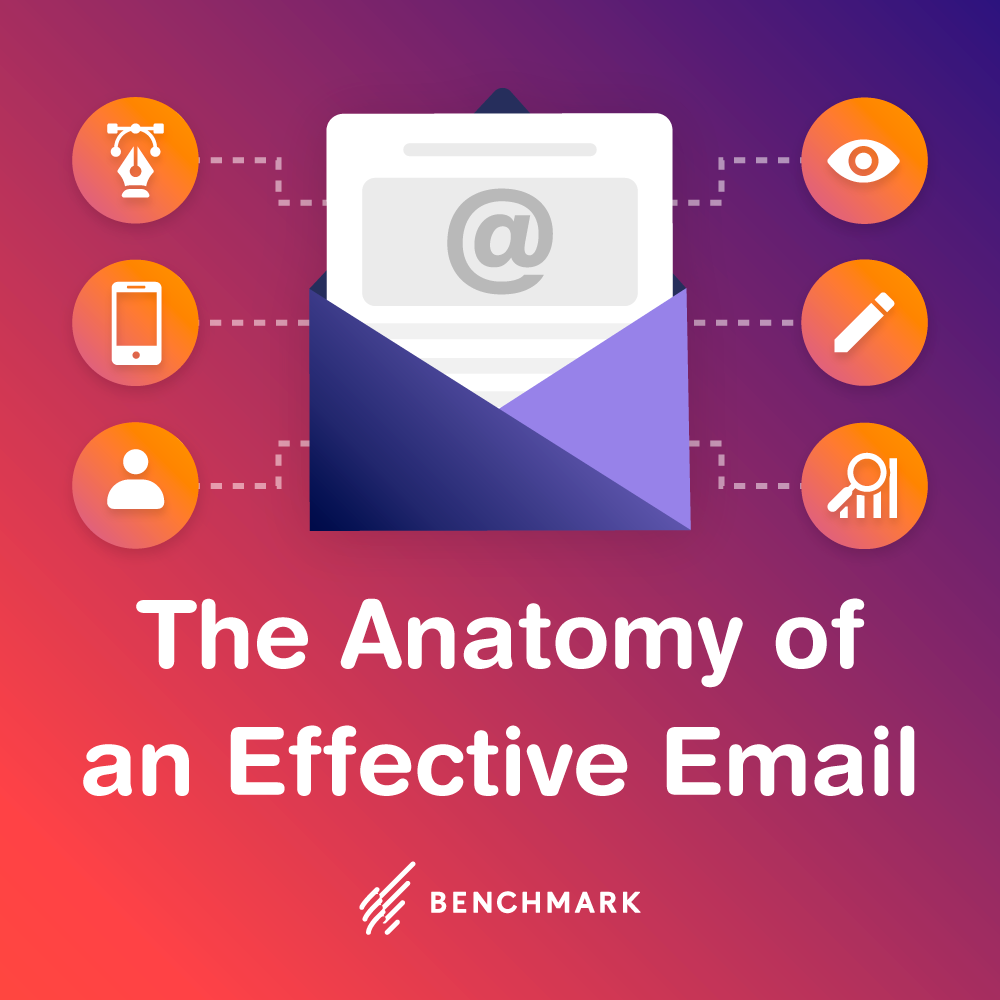

Where No (Rational) Man Has Gone Before
After the huge initial public offering (IPO), LinkedIn actually started losing money, dropping $1.6 million in the last quarter. So we have a company that is worth much more than Chrysler (or Delta Airlines, etc.) and in the last couple of years it’s turned as much profit as a decent suburban auto dealer. At 2011 earnings, Captain Kirk will be commanding the USS Enterprise in 2265 and LinkedIn will still not have broken even with its market cap today. Yes, the internet is indeed magic, as it makes billions appear out of electrons, illuminated pixels and not much else.
Grosses as Much Money as a Good Donut Shop
Now that you’re comfortably in the internet financial reality-free zone, you won’t be surprised to learn that LinkedIn just announced that they are going to sell another $100 million in stock for working capital, which leads one to wonder where the money raised at the IPO six months ago went. LinkedIn does state that Hiring Solutions, its largest division, has 7,400 customers, which if they’re each paying maximum fees account for $6.6 million a year in gross income. When you consider that there are donut shops that put that much money through the cash register on a good year you… er… never mind… this is the internet mass hallucination after all, so step right up, pay your ticket and suspend your disbelief.
Coca-Cola Execs Showing up in Pepsi Ads
In a scramble for justification of its knee-slapper valuation, LinkedIn recently launched social advertising so that when you “follow companies, or take other actions” your connections may see your name and photo in “related ads.” The prospect of an executive for Coca-Cola showing up in a Pepsi ad or a Ford manager seen to be associated with a Toyota promo sparked an avalanche of complaints and turn-offs. At about the same time, LinkedIn stealthily changed its default settings to allow it to mine personal data for third party advertisers, a move that triggered another barrage of privacy violation complaints.
Where’s the Alibaba-Type Marketplace?
Even with the chimeric valuations and management stumbles, at its core LinkedIn is a valid online social network. It allows millions of executives and managers to connect with each other in the 21st century equivalent of the networking breakfast business card exchange club at the Holiday Inn. There are indisputably many LinkedIn members who have made connections that led to increased business, but the precise estimate always falls into the morass of how to accurately measure Return On Investment on a platform as ethereal as social media. The question of why LinkedIn has not gone into the Alibaba direction and actually created an exchange for products and services so all these execs can do something that actually makes money on the site rather than socializing in a “Facebook with less time-wasting stigma” remains one of the great unanswered questions of our age.
LinkedIn is not the only superlative portfolio investment in the internet investor-fantasyland. Groupon reported that it made a whopping $239,000 last quarter on a market cap of about $30 billion, so its break even point becomes the year 32091. If you expect to live that long, it would be a great idea to buy some GRPN stock today!




